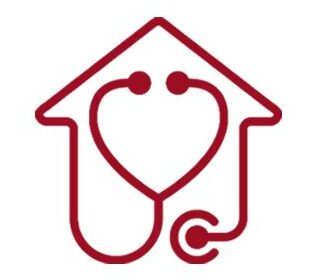Intervention procedures encompass a wide range of medical and therapeutic interventions aimed at addressing various health conditions or promoting well-being. Here are some common types of intervention procedures along with brief details:
1. Surgery:
– Details: Surgical procedures involve incisions or manipulations of tissues to diagnose, treat, or manage medical conditions. Examples include appendectomy, knee replacement, and open-heart surgery.
2. Medication Management:
– Details: Pharmacological interventions involve the use of medications to prevent, manage, or treat medical conditions. This may include prescription drugs, over-the-counter medications, or supplements.
3. Physical Therapy:
– Details: Physical therapy involves exercises, stretches, manual techniques, and modalities (e.g., heat, cold, ultrasound) to improve mobility, strength, and function, and to manage pain.
4. Occupational Therapy:
– Details: Occupational therapy focuses on improving activities of daily living (ADLs), fine motor skills, cognitive abilities, and sensory processing to enhance independence and quality of life.
5. Speech Therapy:
– Details: Speech therapy addresses communication disorders, speech articulation difficulties, language delays, and swallowing disorders through various exercises and techniques.
6. Counseling/Psychotherapy:
– Details: Counseling or psychotherapy involves talk therapy sessions with a licensed therapist to address mental health concerns, improve coping skills, and promote emotional well-being.
7. Nutritional Counseling:
– Details: Nutritional counseling involves working with a registered dietitian or nutritionist to develop personalized dietary plans, manage chronic conditions, and promote healthy eating habits.
8. Cardiac Rehabilitation:
– Details: Cardiac rehabilitation programs include supervised exercise, education, and counseling to improve cardiovascular health and recovery after cardiac events like heart attack or heart surgery.
9. Pulmonary Rehabilitation:
– Details: Pulmonary rehabilitation programs focus on improving lung function, exercise tolerance, and quality of life for individuals with chronic respiratory conditions like COPD or asthma.
10. Substance Abuse Treatment:
– Details: Substance abuse treatment programs may include detoxification, counseling, support groups, medication-assisted treatment, and rehabilitation services to address addiction issues.
11. Behavioral Therapy:
– Details: Behavioral therapy techniques, such as cognitive-behavioral therapy (CBT), applied behavior analysis (ABA), or dialectical behavior therapy (DBT), aim to modify maladaptive behaviors, thoughts, and emotions.
12. Rehabilitation Therapy:
– Details: Rehabilitation therapy, including physical, occupational, and speech therapy, focuses on restoring function, mobility, and independence following injury, illness, or surgery.
13. Ablation Procedures:
– Details: Ablation procedures involve the destruction or removal of abnormal tissue using heat, cold, radiofrequency, or laser energy. They are commonly used to treat cardiac arrhythmias, tumors, and abnormal uterine bleeding.
14. Electroconvulsive Therapy (ECT):
– Details: ECT is a medical procedure used to treat severe depression and other psychiatric disorders by inducing controlled seizures through electrical stimulation of the brain.
These are just a few examples of intervention procedures across various medical specialties. The specific type of intervention recommended depends on the individual’s condition, medical history, and treatment goals, and should be determined in consultation with healthcare professionals.
